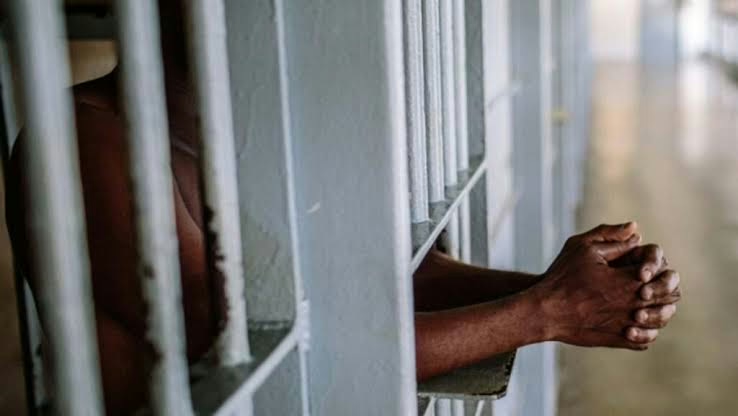Gauteng High Court Hands Down 18-Year Prison Term to Nigerian Convicted of Human Trafficking
Background of the Case and Initial Conviction
In Pretoria, Gauteng Province, a High Court has delivered a significant verdict against Chinedu Justice Obasi, a Nigerian citizen, sentencing him to 18 years behind bars. Obasi was found guilty of orchestrating human trafficking operations and entering into a sham marriage to unlawfully obtain residency status in South Africa.
Official court documents, accessed by Independent News Eswatin on Wednesday, confirm that Obasi’s conviction was upheld following his initial sentencing in September 2018. The charges stemmed from a December 2017 ruling where he was found guilty on three counts: two related to exploiting women through forced prostitution and one concerning fraudulent marriage.
Details of the Exploitation and Court Proceedings
Between April and September 2016, Obasi reportedly housed two women, identified as Busisiwe and Puleng, in a Pretoria apartment. Evidence presented in court revealed that he coerced these women into prostitution, a form of exploitation that the presiding judge characterized as a contemporary form of slavery.
During the appeal process, Obasi contended that the trial court failed to adequately consider his personal circumstances and overlooked critical evidence. However, Judge Graham Moshoana dismissed these arguments, noting that Obasi did not provide any testimony in his defense, which weakened his appeal.
Judicial Perspective on Human Trafficking and Its Societal Impact
Judge Moshoana emphasized the broader implications of the case, highlighting how human trafficking thrives on the vulnerabilities of individuals facing poverty, limited education, and desperation. He remarked, “Victims are frequently subjected to abuse, confusion, and disorientation. Trafficking encompasses sexual exploitation, forced labor, and other forms of coercion.”
This ruling aligns with global efforts to combat human trafficking, a crime that affects millions worldwide. According to the United Nations Office on Drugs and Crime (UNODC), an estimated 50 million people are trapped in modern slavery, underscoring the urgency of stringent legal actions like this one.
Conclusion: A Strong Message Against Exploitation
The Gauteng High Court’s decision sends a clear signal that South Africa is committed to dismantling human trafficking networks and protecting vulnerable populations. By imposing a lengthy prison sentence on Obasi, the judiciary reinforces the message that fraudulent marriages and exploitation will be met with severe consequences.
This case serves as a reminder of the ongoing challenges in addressing human trafficking and the importance of vigilance, legal enforcement, and support for victims to eradicate this grave violation of human rights.


















0 Comments